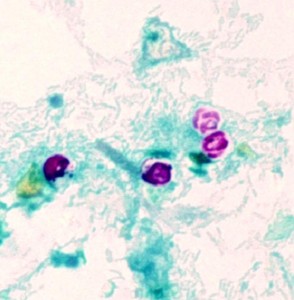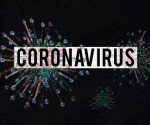Hawke’s Bay health officials warn public about ‘crypto’ as 45 people infected since beginning of year
On New Zealand’s North Island, Hawke’s Bay residents are being warned to watch for symptoms of the parasitic infection, Cryptosporidium, or “crypto” after an outbreak of at least 45 cases in the region have been recorded so far this year, according to a Hawke’s Bay District Health Board media release Monday.
“Some people can have a very mild illness but it can be nasty. The disease usually causes diarrhea however children may go off their food and vomit before the diarrhea starts. Diarrhea is often watery and tends to be accompanied by stomach cramps.
” Symptoms can come and go but have usually stopped within four weeks. In rare cases when a person’s immune system is very weak the disease can go on longer and cause complications,” according to Dr. Nicholas Jones, Hawke’s Bay District Health Board’s Medical Officer of Health.
Anyone exhibiting symptoms should seek medical attention.
The origin of the outbreak is yet to be determined, but it looks at this stage as if there was more than one source. Jones says it’s likely the disease is spreading through swimming pools, day care centres or untreated drinking water.
In addition, Dr Jones said crypto could spread easily within child day care centres and households so good hand washing was essential to stop the spread and parents needed to keep their children away from school or day care centre if they had any tummy upsets.
“We know it is difficult for working parents but we ask that children are kept away for at least 48 hours after the symptoms subside.”
Cases have occurred throughout Napier and Hastings districts but there was no sign that city water supplies were causing any problem.
Cryptosporidium is a protozoan parasite that causes an infection called cryptosporidiosis affecting people and cattle.
The most common symptom is watery diarrhea, which can range from mild to severe.
Although it’s most frequently seen in young children, cryptosporidium can affect anyone. People with weak immune systems are likely to be most seriously affected.
Cryptosporidium is found in soil, food, water, or surfaces that have been contaminated with infected human or animal feces. Transmission occurs through animal-to-human or human-to-human contact. Consuming contaminated water or food, swimming in contaminated water and children visiting petting zoos are common ways people contract the parasite.
It is typically a self-limiting illness in otherwise healthy individuals.
For more infectious disease news and information, visit and “like” the Infectious Disease News Facebook page















